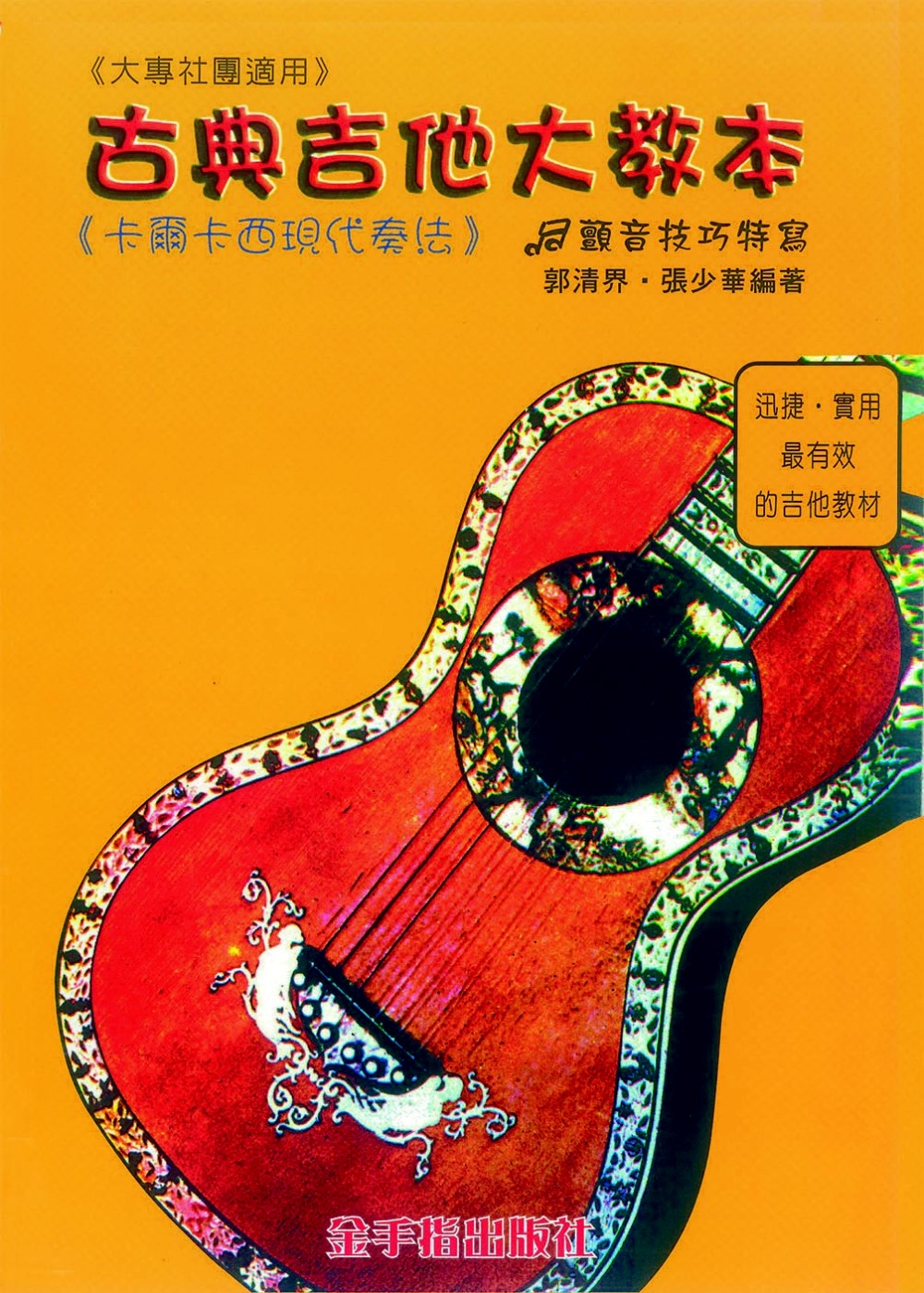



![2020公職食品技師榜首編寫 食品技師30天一次攻榜:榜首不傳秘笈大公開[專技高考]](https://www.books.com.tw/img/001/084/99/0010849973.jpg)
> 人文社科 > 社会学/社会工作 > ASIAN Countries’ Strategies towards the European Union in an Inter-regionalist Context This is the first book on Asian countries’
strategies towards the EU. Since the introduction of Common Foreign and Security Policy in
1993
and the publication of the EU’s first strategic document on Asia one year later, hundreds of books and journal articles have been dedicated to the study of the EU policies towards Asia as a whole, or to individual Asian countries. However, very few of these researchers ever intended to explore the strategies of Asian countries, and Asian leaders’
mindsets, vis-à-vis the EU. Quite often, the policies of Asian countries towards the EU were simply interpreted as responses to the EU’s actions in Asia.
Having been passive players for decades, Asian countries are now increasingly willing to participate in the formulation of regional and global orders, for which they need to articulate their own strategies and the world needs to better understand their mindsets. In the past two years, in the framework of EU Centres in Asia-Pacific, some top Asian scholars on EU-Asian relations were brought together to debate the strategies of individual Asian countries towards the EU, and evaluate the EU’s actions in the region. In their eyes, the EU was interpreted as a normative power, a security player, a civilian promoter and a health-care supplier. Together, they aimed to establish some common rules for explaining Asian countries’
strategies towards the EU after in-depth study of the actions of individual countries in their bilateral relations with the EU.
This book is therefore indispensable to any efforts to understand Asian leaders’
mindset in the EU-Asian relations and their strategies towards the EU in the twenty-first century.